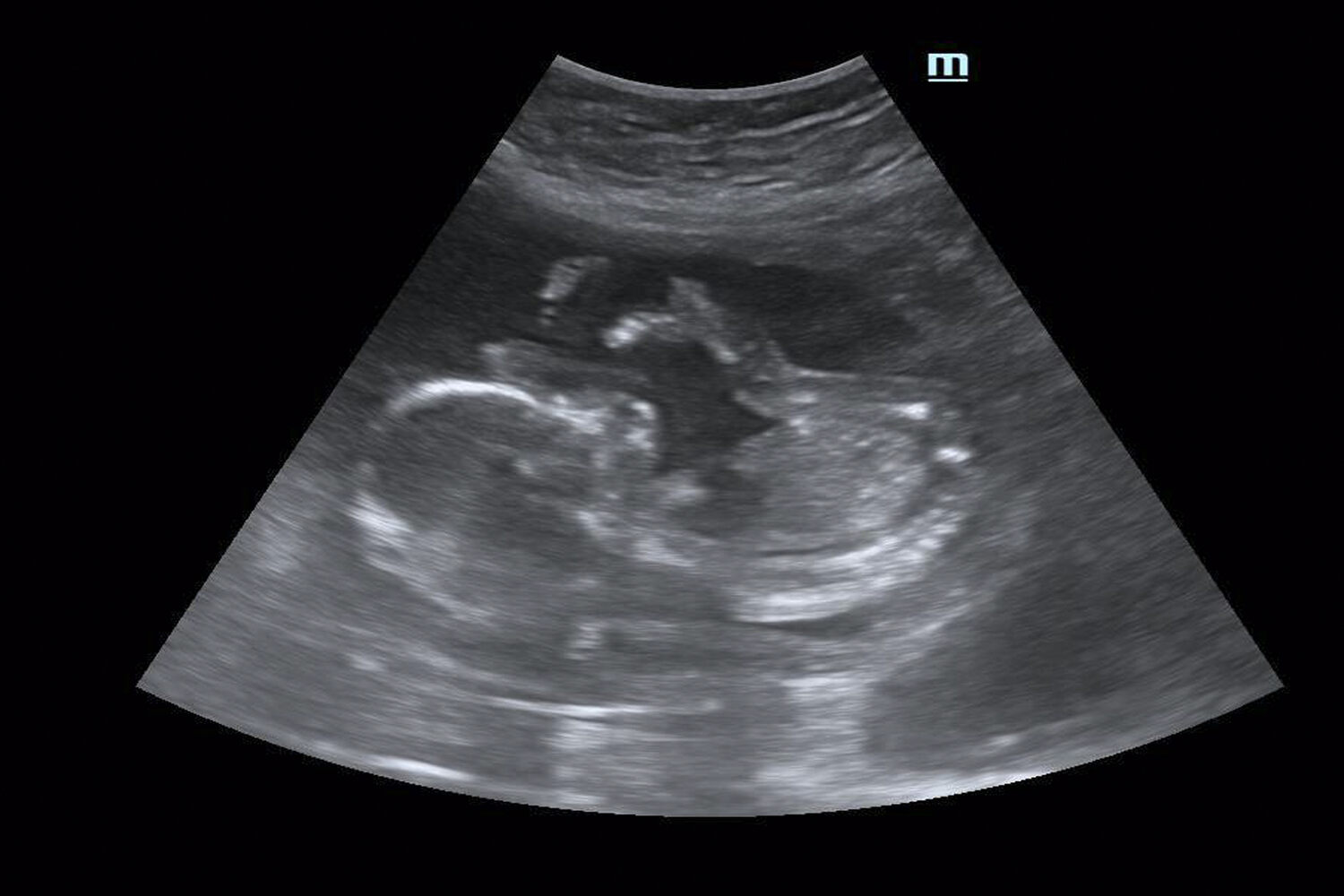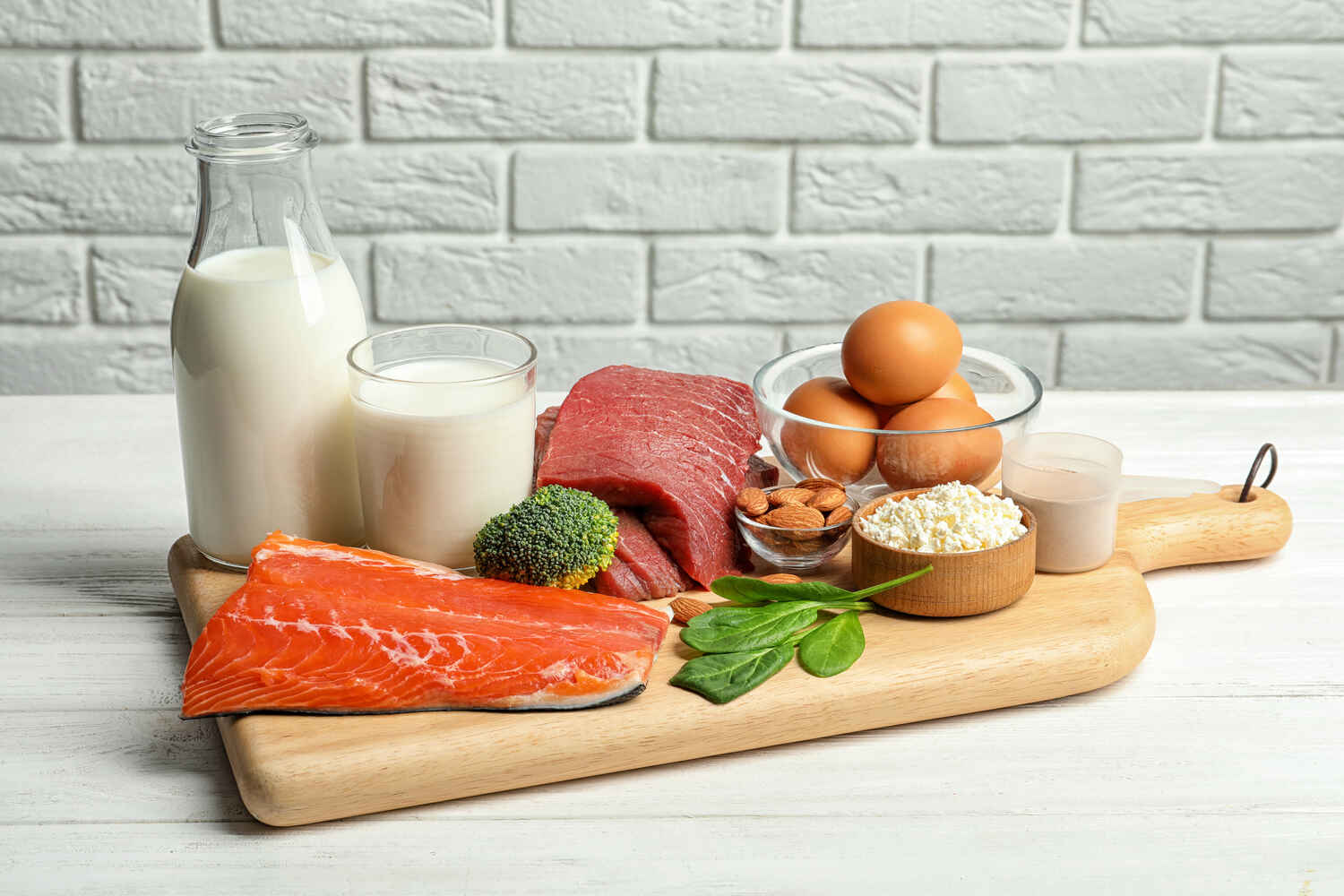
How To Increase Fetal Weight During Pregnancy?
9 min readWritten by Editorial Team


In This Article
- How is Fetal Weight Measured?
- What is an Ideal Fetal Weight?
- Importance of Fetal Weight During Pregnancy
- Factors Affecting Fetal Weight During Pregnancy
- Risks Of Reduced Fetal Weight During Pregnancy
- Foods That Help In Increasing Fetal Weight During The Third Trimester Of Pregnancy
- 8 Tips to Increase Fetal Weight During Pregnancy
- Precautions to Take When Trying to Increase Fetal Weight
- FAQ’s
How is Fetal Weight Measured?
During an ultrasound scan, your radiologist will make a few measurements of the fetus. They are:
- Biparietal diameter (BPD)
- Femur length (FL)
- Head circumference (HC)
- Occipitofrontal diameter (OFD)
- Abdominal circumference (AC)
- Humerus length (HL)
Once these numbers are noted, a very complex formula is used to determine the fetal weight and gestational age. It is important to understand that the formula is not accurate and the actual weight could be in the range of +/-10% of the calculated figure. Generally, fetal weight or growth that is less than the 10th percentile is referred to as Small for Gestational Age or SGA or has Fetal Growth restriction or FGR.
Although some fetuses are constitutionally small, they are healthy. The fetus with a growth rate of 10 percentile also doesn’t mean that it is always healthy and is not growth-restricted (1). For fetal weight specifically, the two most important parameters are BPD (diameter across the baby’s skull) and AC.
[Read : How To Calculate Pregnancy Weeks And Months?]
What is an Ideal Fetal Weight?

Please bear in mind that the “ideal” fetal weight is only an average as in the initial stages babies tend to grow at varying rates.
| Pregnancy Week Average Fetal Weight (gm) | |
| Pregnancy Week | Weight in Gms |
| 8 | 1 |
| 9 | 2 |
| 10 | 4 |
| 11 | 7 |
| 12 | 14 |
| 13 | 23 |
| 14 | 43 |
| 15 | 70 |
| 16 | 100 |
| 17 | 140 |
| 18 | 190 |
| 19 | 240 |
| 20 | 300 |
| 21 | 360 |
| 22 | 430 |
| 23 | 501 |
| 24 | 600 |
| 25 | 660 |
| 26 | 760 |
| 27 | 875 |
| 28 | 1005 |
| 29 | 1153 |
| 30 | 1319 |
| 31 | 1502 |
| 32 | 1702 |
| 33 | 1918 |
| 34 | 2146 |
| 35 | 2383 |
| 36 | 2622 |
| 37 | 2859 |
| 38 | 3083 |
| 39 | 3288 |
| 40 | 3462 |
| 41 | 3597 |
| 42 | 3685 |
As you can see from the chart, from around the third trimester, the fetus starts growing significantly. From week 35, on average, the fetus gains 230 grams every week.
[Read : Healthy Diet During Pregnancy]
Importance of Fetal Weight During Pregnancy
Factors Affecting Fetal Weight During Pregnancy

- Genetic factors
- Insufficient or inconsistent intake of food
- Nausea or morning sickness
- Various medical conditions
- Metabolic issues
- Stress
- Exercising too much
- Not following a routine or schedule
- Not following a balanced diet
- Defects in the fetus
- Maternal obesity – prevents mother from eating much, to avoid further weight gain.
Risks Of Reduced Fetal Weight During Pregnancy
1. Low Birth Weight
2. Intrauterine Growth Retardation
3. Barker Hypothesis
Foods That Help In Increasing Fetal Weight During The Third Trimester Of Pregnancy

1. Milk
- Milk (pasteurized and not raw)
- Curd
- Cheese (not raw or blue cheese)
2. Omega 3 Fatty Acids
- Seafood (avoid fish high in mercury)
- Fish oil capsules
3. Protein
- Milk
- Pulses
- Eggs
- Lean meat
- Poultry
- Seafood
4. Carbohydrates
- Fruits and vegetables
- Banana
- Sweet potato
- Chickpeas, beans and pulses
- Wholegrains
- Rolled oats porridge
8 Tips to Increase Fetal Weight During Pregnancy

The following tips will ensure both you and the fetus healthily gain weight:
- Eat a balanced and nutrition-rich diet. Keep your diet as natural as possible with loads of fresh fruits and vegetables. Also include whole grains, proteins, and complex carbohydrates in your meals.
- Take your prenatal vitamins regularly. It compensates for any gaps in your nutrition intake and acts as a healthy supplement for your and your baby’s health.
- Include dry fruits and nuts in your diet, as they have healthy fats.
- Ensure you get enough rest during the day and night. Resting will give your body a chance to refresh itself. Over-exerting yourself puts pressure on both you and the fetus. So try to catch a daytime nap and ensure you get at least 8 hours of sleep in the night.
- Stay relaxed and positive at all times. When you are over-anxious, you tend to undereat (thereby not giving your body and the fetus enough nutrients) or overeat (mostly wrong and unhealthy food choices).
- Keep yourself always hydrated with plain drinking water. Dehydration during pregnancy can cause many complications like headaches, acidity, indigestion, heartburn, etc.
- If you are worried about your baby’s weight, talk to your gynecologist and understand how often you want to keep track of it. Usually, doctors do not recommend ultrasound scans unless necessary.
- Discuss with your doctor if you need to take any extra supplements to increase your fetal weight.
Precautions to Take When Trying to Increase Fetal Weight

While you try to follow the above tips to ensure your baby is healthily gaining weight, it is important to keep a check on the following two items:
- Avoid fatty foods such as fried items and very oily food; the idea is not to increase your weight in haste. By consuming a fatty diet, you put yourself and your pregnancy at risk, as it can lead to cholesterol and hypertension. To be beneficial for your baby, you need to increase your weight regularly.
- Avoid smoking, drugs, alcohol, and caffeine. All of them harm your and your fetus’s health.
However, the point here is that it is the mother’s weight that determines the fetal weight. If the mother does not gain enough weight, the fetus will, accordingly, be small. So following the tips mentioned will surely help increase the fetal weight during pregnancy.
**Please note that these weights are just an estimation; do seek your doctor’s advice.**
FAQ’s
1. What Should I Eat to Increase My Baby’s Weight?
2. Does Low Fetal Weight Mean IUGR?
3. Can a High-Protein Diet Increase Fetal Weight?
Read Also: <a href=”https://www.beingtheparent.com/what-is-fetal-macrosomia-its-symptom

Editorial Team,
With a rich experience in pregnancy and parenting, our team of experts create insightful, well-curated, and easy-to-read content for our to-be-parents and parents at all stages of parenting.Read more.
Responses (0)
Want curated content sharply tailored for your exact stage of parenting?
Related articles

Empowering Expectant Mothers: Guidelines for Progesterone Cessation

Shingles During Pregnancy – Causes, Symptoms, and Diagnosis

Kiwi During Pregnancy – Is It Safe to Eat, Top Benefits and Side Effects

200 Top Indian Baby Girl Names Starting With V

Mouthwash During Pregnancy – Is it Safe to Use?

Top Baby Girl Names That Start With R
Sponsored content
Discover great local businesses around you for your kids.
Get regular updates, great recommendations and other right stuff at the right time.





